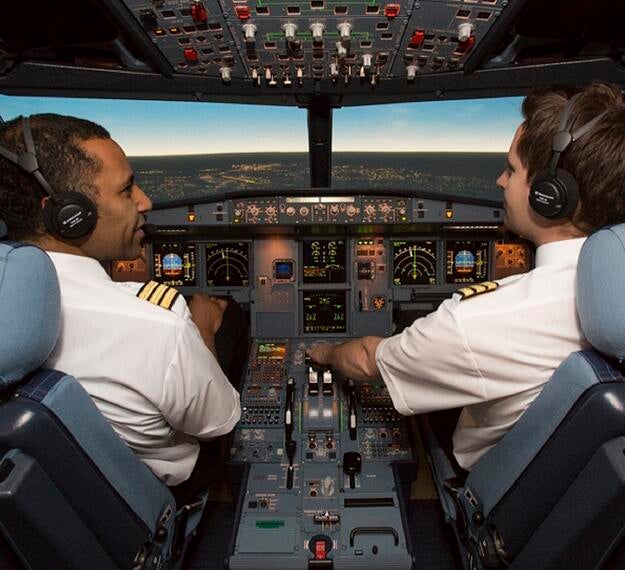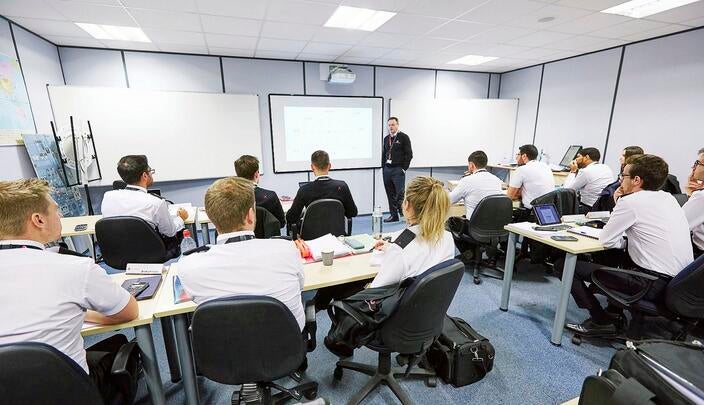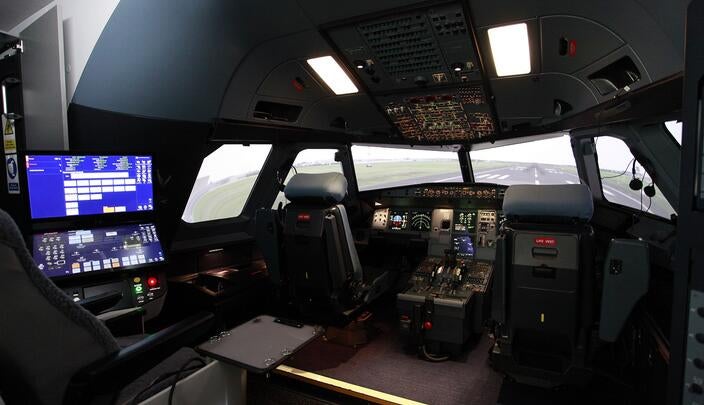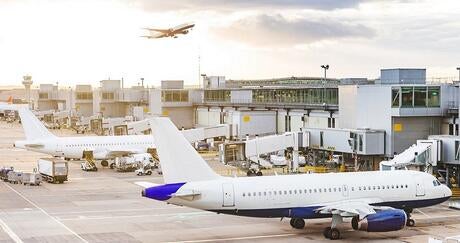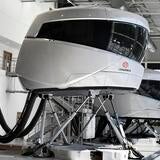APS MCC Course Overview
The aviation industry has recognized the benefits of an enhanced training phase before commencing type rating training and developed an approved course: the Airline Pilot Standard Multi-Crew Cooperation (APS MCC) course.
L3Harris' industry-leading APS MCC course builds on the experience of the previous phase of training, the airline industry's needs, and the demands of the regulator to deliver an elevated training experience to support the development of the airline ready professional pilot.
Taking place at one of our state-of-the-art pilot training locations in the UK, your cohort of pilots will receive quality training, have access to cutting-edge technologies and pilot training systems, and benefit from a comprehensive pilot course that combines ground school with simulator training.
Our APS MCC training is specifically designed for airlines, to support them with ensuring newly qualified crew members are ready to deliver exceptional flight operations and maintain the high standards of the airline.
If you don’t yet work for an airline, or want to elevate your skills in your own time, we also offer individual courses, including the APS MCC for individuals.
